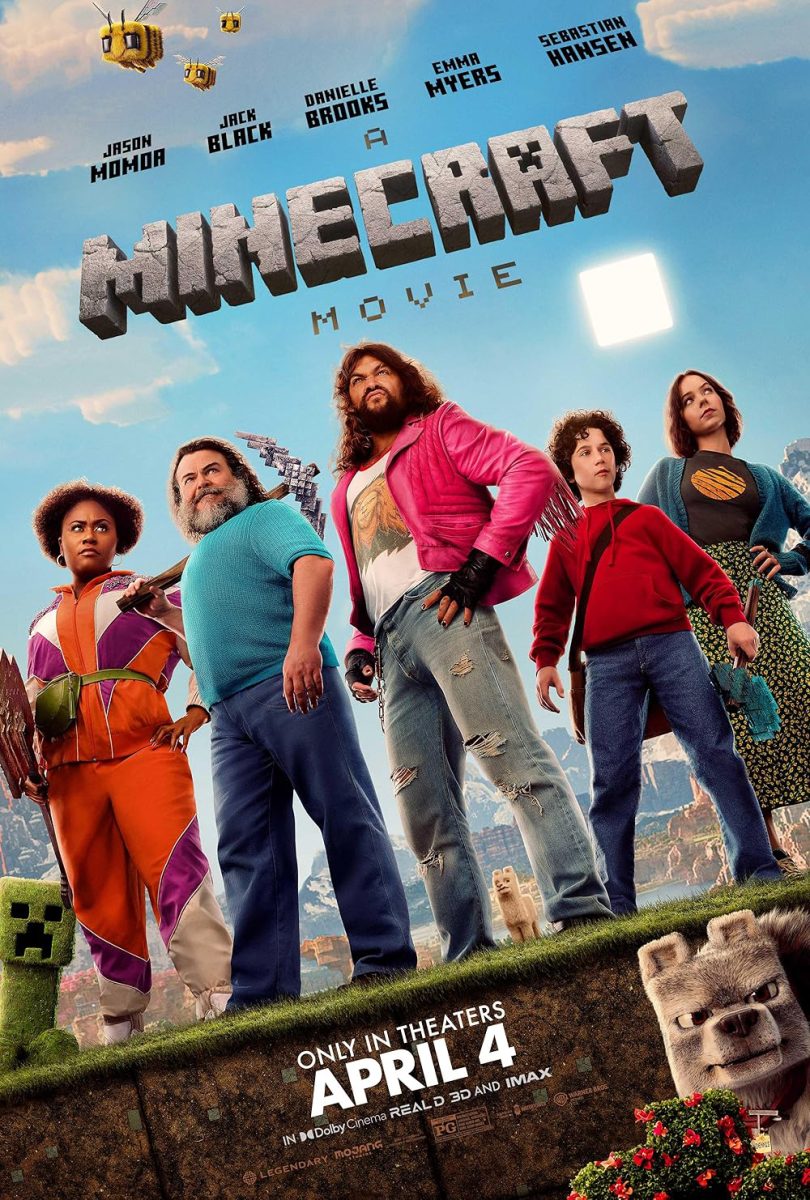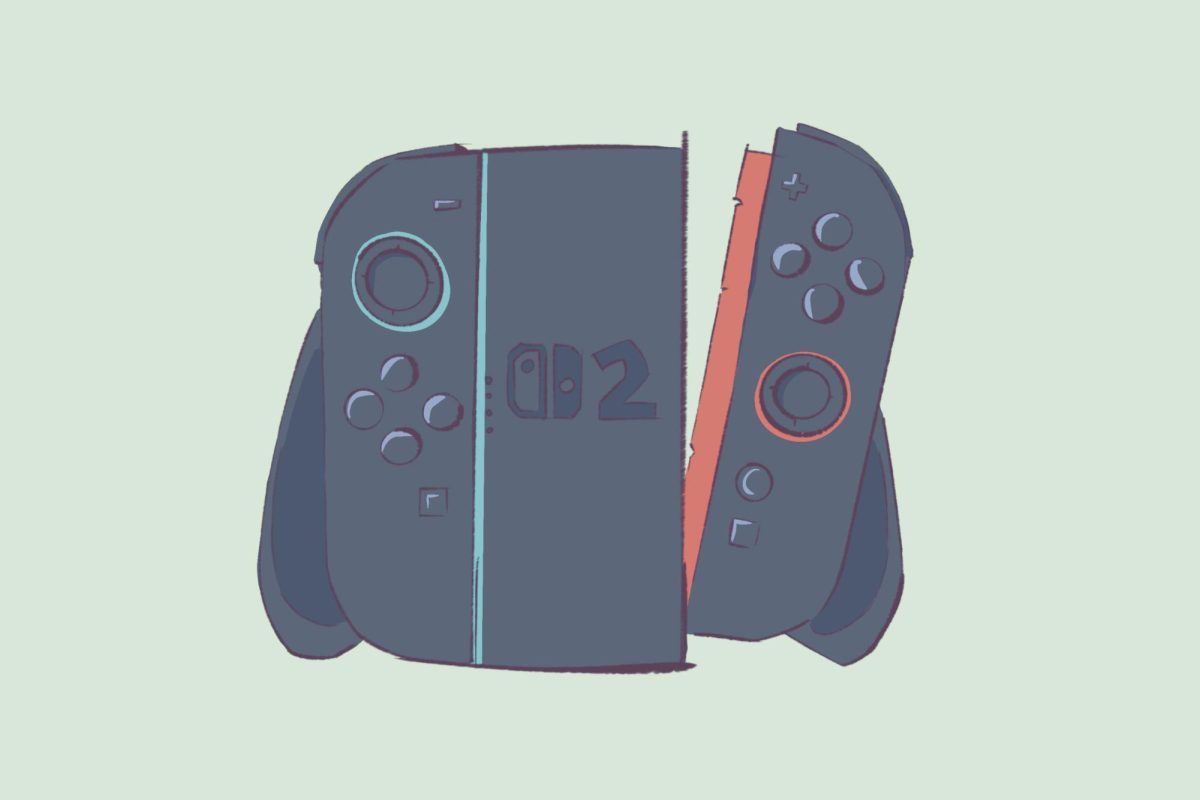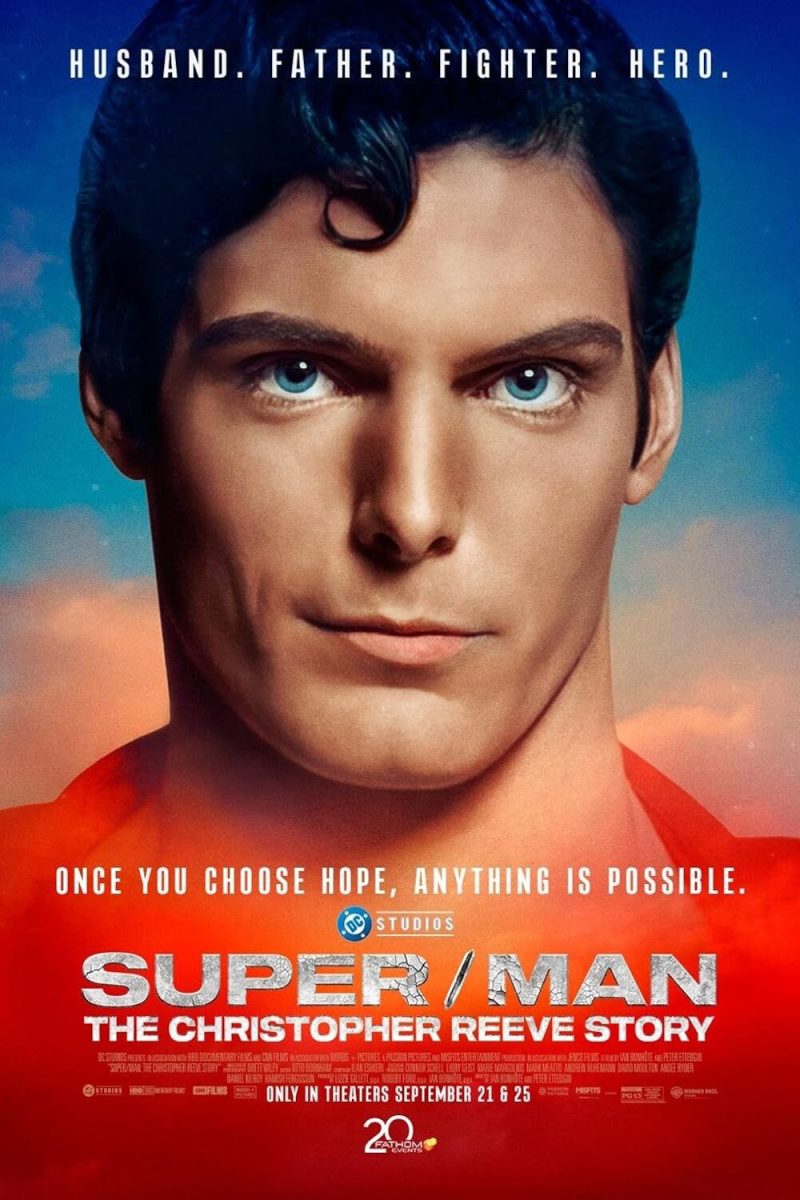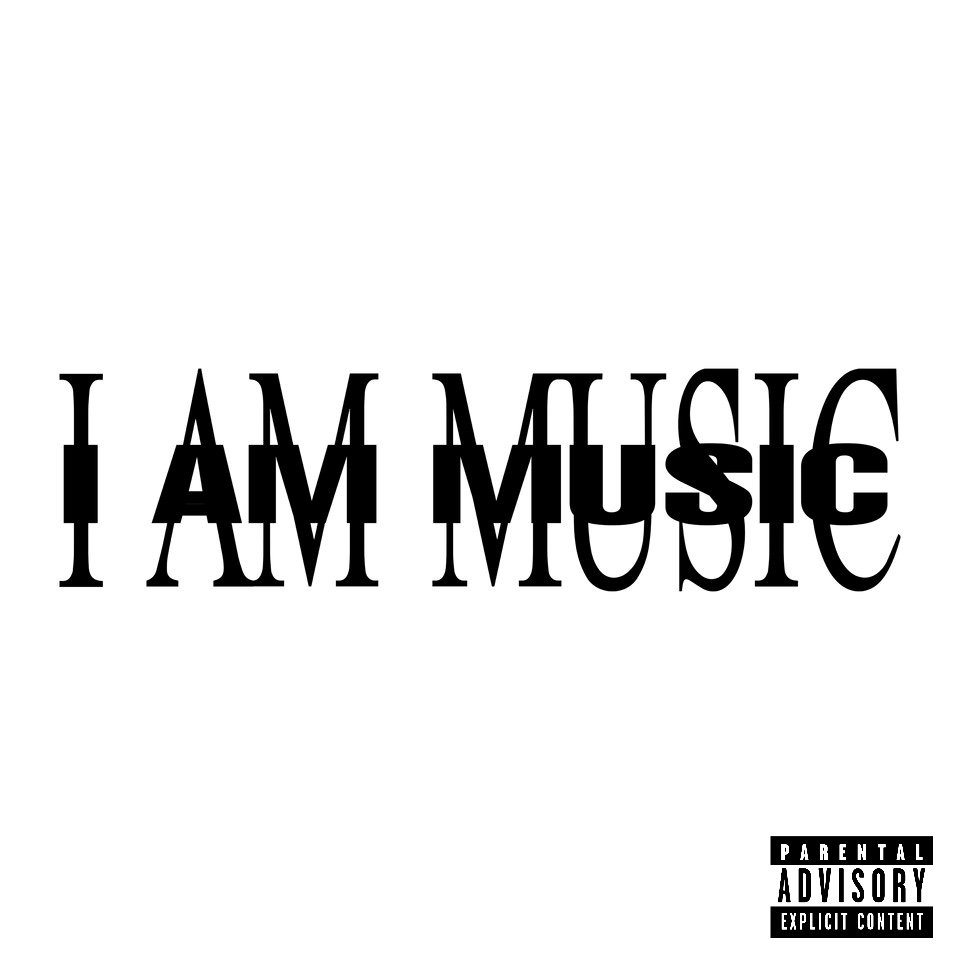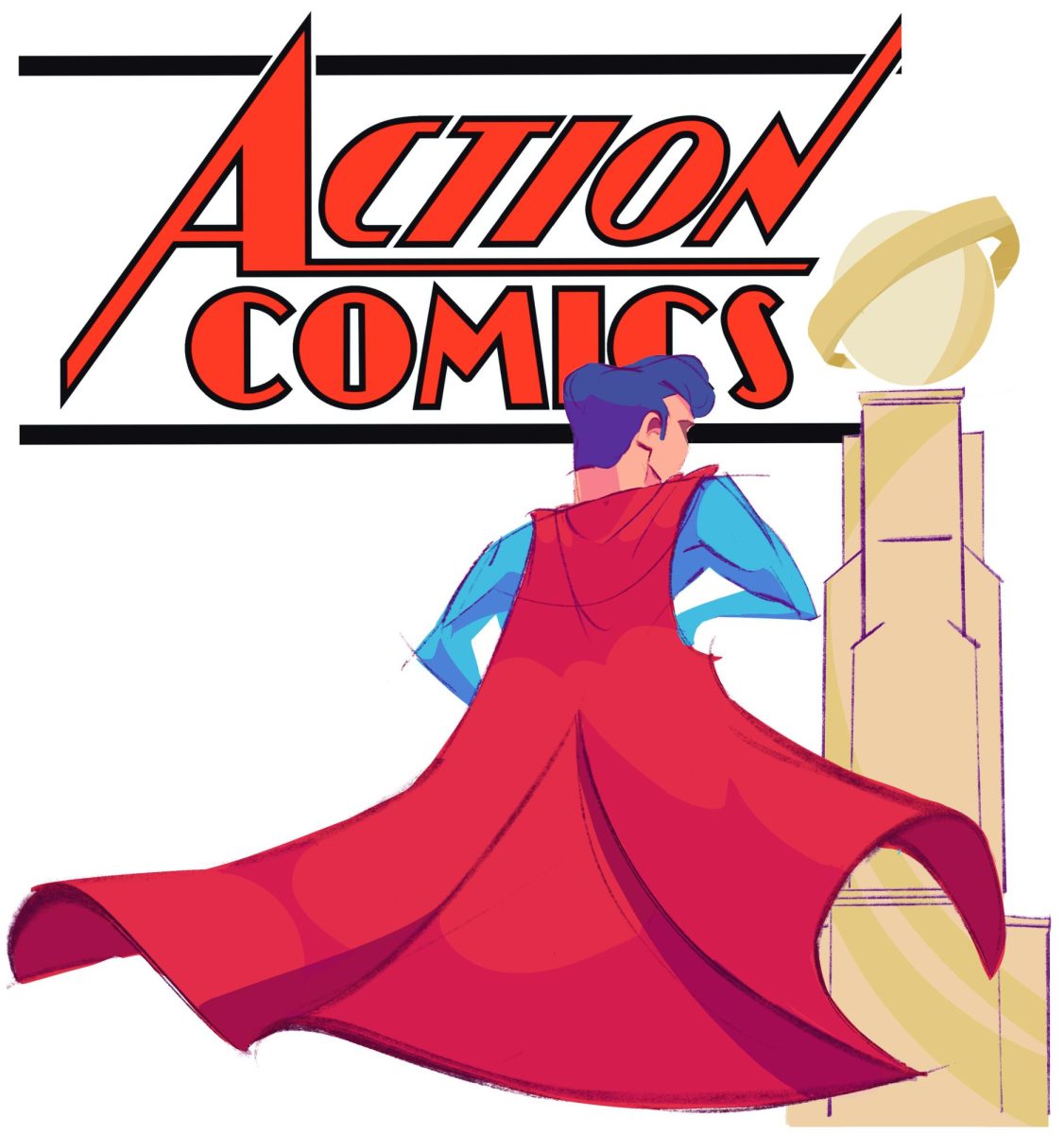By Carmina Tiscareño & Diamond Gregg
Media/Fashion Editor & Layout Editor
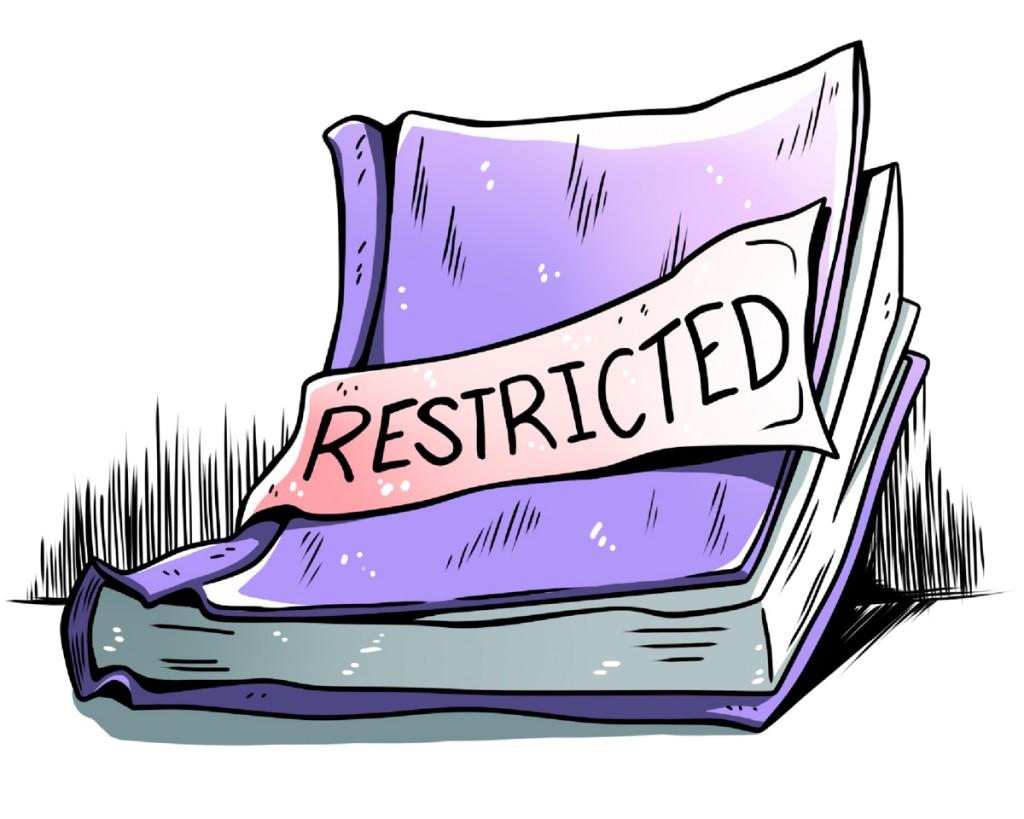
Books like the Harry Potter series attract readers by taking them to different or interesting settings. Harry Potter, for instance, takes readers to Hogwarts School of Witchcraft and Wizardry; readers follow Potter as he discovers that he’s a wizard and enters a new, magical life. Many of the banned books on the American Library Association website have magical or violent content. Though not directly affected by most banned books local public libraries play a large part in the community. They highlight the censorship of great classics and newer books. The week of Sept. 21 observes Banned Books Week at Brookhaven
College and all over the country. The ALA started the recognition of banned books in 1982. Ala.org shows recent banned and challenged books while also elaborating on the specific reasons. Banned means the books have actually been removed from the shelves, and challenged means a ban has been discussed, but no action has been taken to remove them.
Dana Corbin, a Brookhaven College librarian, said people are often confused as to what Banned Books Week entails. She added: “What [the library does] every Banned Books Week is have a display in the [entrance of the] L Building. We have a glass case that displays books that have been challenged or banned.” She said some of those books are also placed in the circulation desk so students can check them out. Corbin said it’s a celebration of anti-censorship.
The purpose of the display is not to show the books that are banned that week, but rather to say: “Isn’t it kind of silly these books are banned?” Corbin said the ALA wants to bring light to the books that are banned during Banned Books Week. In most cases, books are banned or challenged from public elementary up to high school libraries. Corbin said challenged books are books that are brought to someone’s attention. That person says they have a problem with a certain book. Those books are usually challenged due to curse words or sexual content and not violence, which Corbin said she finds odd. She said a banned book gets taken off the library shelves and off the agenda for the school reading, and it happens mostly in high school libraries. Corbin said academic and college libraries “are a lot more open to intellectual freedom than a public library.”
She said the main purpose of an academic library is for students to have access to materials they need to complete classes. “Since public libraries don’t have a curriculum, they’re focused more on fiction books. Those are the ones that usually get banned, and that’s a reason our library doesn’t face that issue,” Corbin said.
Throughout the years, books are added to the banned or challenged list. Classics such as “The Great Gatsby,” “The Grapes of Wrath” and “The Color Purple” are a few of the books in the challenged list. Corbin said “The Hunger Games” was “challenged due to religious viewpoints and was unsuited to the age group.” She said she agrees that the book has violent content – however, it’s not urging people to kill each other in an arena, but is rather saying how terrible that is. Corbin said more dangerous content is out there for children on the web and on their cellphones.
She said a child reading “Of Mice and Men” or finding phrases such as “whore lady” in a book is much better than surfing the web. She said the content in banned or challenged books is not as bad as what children see from their friends online. Veronica McKay is the Team Services Librarian for the Rita and Truett Smith Public Library in Wylie, Texas. “We do different events each year,” McKay said. This year, the theme is books that have been made into movies. Public libraries all abide by the same regulations regarding banned books. Although the rules differ only slightly from high school libraries, McKay said she has noticed several young people searching for books in her library that they cannot find at their schools. Ultimately, the reasons behind the banning of books range several different points, such as offensive language and religious views. “Not all reasons are valid,” McKay said.

